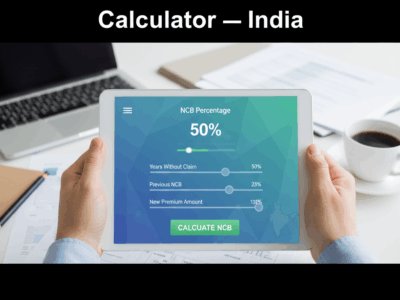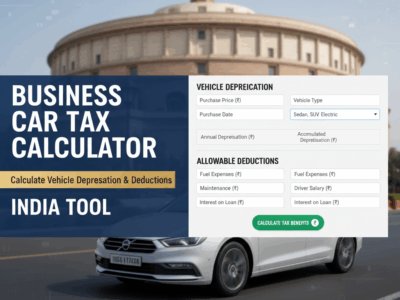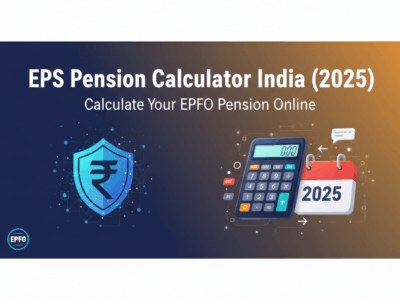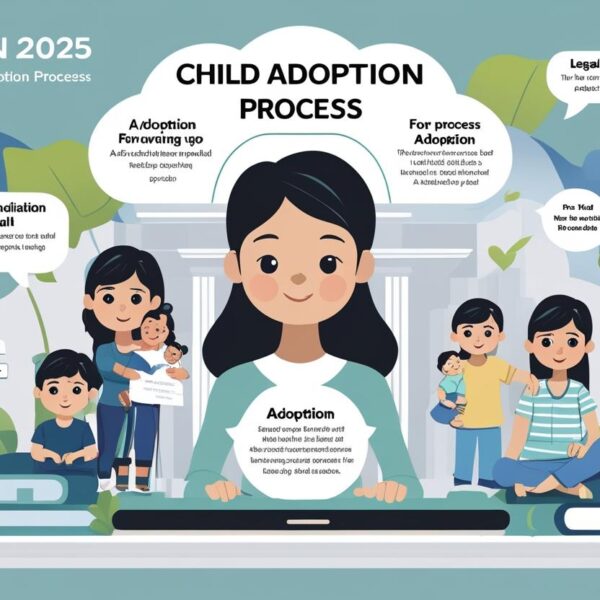Struggling to draft a professional and legally sound Software Services Agreement for your projects in India? Our free, easy-to-use generator helps you create a comprehensive contract in minutes. Tailored specifically for Indian laws, this tool covers all essential clauses including GSTIN details, Intellectual Property (IP) rights, scope management, and compliance with the DPDP Act. Whether you’re a freelancer, a startup, or a client, you can generate, customize, and download a robust agreement to ensure your projects are secure and your business interests are protected from the start.
Software Services Agreement Generator
Comprehensive & Tailored for Indian Laws
Generated Agreement
Frequently Asked Questions (FAQ)
Why do I need a written Software Services Agreement?
A written agreement is crucial as it legally formalizes the relationship. It clearly defines the project scope, payment terms, timelines, and ownership of the final product. In India, a written contract enforceable under the Indian Contract Act, 1872, is your best protection against future disputes and misunderstandings.
Why are GSTIN details important?
Including the Goods and Services Tax Identification Number (GSTIN) for both parties is mandatory for tax compliance in India. It ensures proper invoicing, allows for the claiming of Input Tax Credit (ITC), and legitimizes the transaction for GST purposes.
What is "Scope Creep" and how does the "Change Management" clause help?
"Scope creep" refers to uncontrolled changes or continuous growth in a project's scope. The Change Management clause prevents this by establishing a formal process for requesting, evaluating, and approving any changes, ensuring that the impact on cost and timeline is documented and agreed upon by both parties before implementation.
Who owns the code after the project?
The Intellectual Property (IP) Rights clause clarifies this. Typically, upon full and final payment, the ownership of the custom-developed source code and all related IP is transferred to the client. It's vital to define this clearly to avoid future ownership disputes.
What is the DPDP Act and why is it mentioned?
The Digital Personal Data Protection (DPDP) Act, 2023, is India's primary data privacy law. If the software project involves handling any personal data of Indian citizens, both the developer and the client have legal obligations to protect that data. This clause confirms that both parties are aware of and agree to comply with these responsibilities.
Is an electronic signature legally valid in India?
Yes, electronic signatures are legally recognized in India under the Information Technology Act, 2000. For most commercial contracts like a Software Services Agreement, an electronic signature (such as one made through a digital signature service) is a valid and efficient way to execute the contract.









